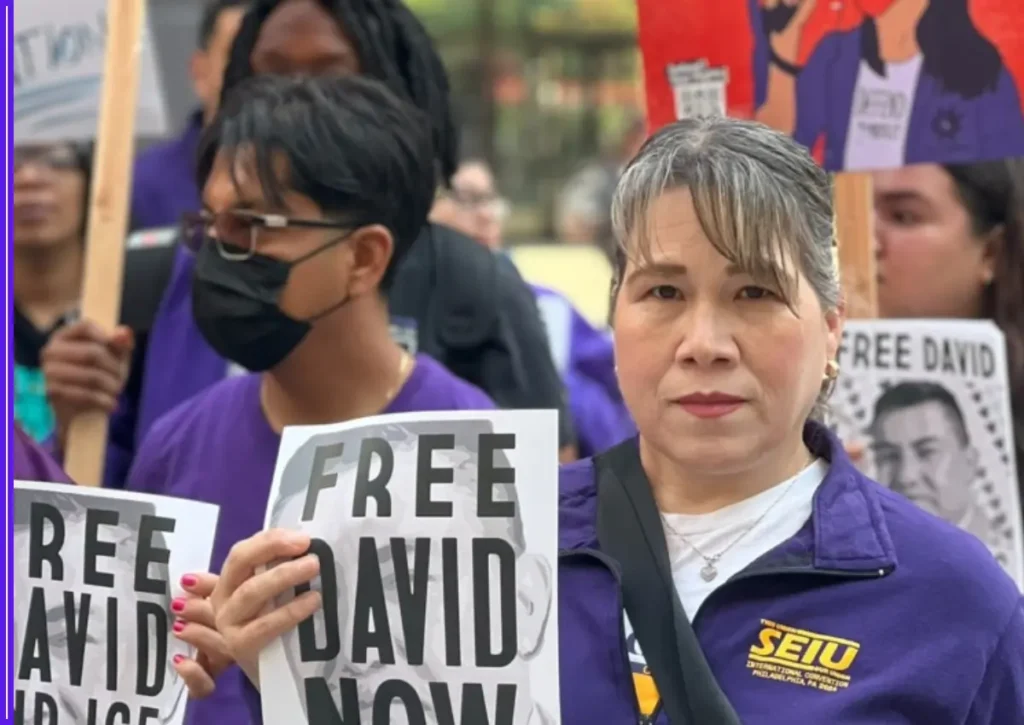Los Angeles, As federal immigration agents launched a series of raids across Los Angeles this week, the city erupted not in fear, but in fierce resistance. Within hours, community networks were activated, legal helplines flooded with calls, and organizers took to the streets. The swift, collective pushback wasn’t a surprise — it was a reflection of the city’s deep and proud immigrant roots.
Los Angeles is home to one of the largest immigrant populations in the United States. Roughly 35% of the city’s residents were born outside the country, and more than half of all Angelenos are either immigrants or the children of immigrants. From Little Armenia to Koreatown, from East L.A. to the Pico-Union neighborhood, the city thrives on its cultural and ethnic diversity.

“Los Angeles doesn’t just support immigrants — it is an immigrant city,” said Alma Cárdenas, a community advocate in South L.A. “We know how to organize, protect, and defend each other.”
This week’s raids triggered an all-too-familiar chain of events. Alerts were blasted through WhatsApp and Signal groups. Local nonprofits such as CHIRLA and CARECEN quickly mobilized to provide legal aid and safety information. Volunteers canvassed neighborhoods with bilingual flyers reminding residents of their rights.
City officials also reaffirmed their stance. The Los Angeles Police Department reiterated its long-standing policy not to cooperate with federal immigration enforcement unless mandated by law. Mayor Karen Bass issued a public statement emphasizing the city’s commitment to protecting all residents, regardless of status.
The resilience on display is built on decades of lived experience. From mass deportations during the Great Depression to California’s Proposition 187 in the 1990s, immigrant communities in L.A. have long been the targets of exclusionary policies. But they’ve also been at the forefront of fighting back.
“Generations of Angelenos have grown up knowing that community means protection,” said José Martinez, an immigration attorney based in Echo Park. “That’s why we see this incredible readiness to act. It’s muscle memory now.”
Unlike in cities where raids happen quietly and without challenge, Los Angeles offers a blueprint of defiance rooted in unity. Residents have turned trauma into infrastructure — building rapid response teams, language-accessible resources, and a legal safety net for vulnerable families.
For many, the motivation is simple. “We don’t wait for someone to save us,” said Cárdenas. “We’ve learned that if we want to keep our people safe, we have to do it ourselves.”
As immigration enforcement intensifies nationwide, Los Angeles continues to show what organized, community-led resistance looks like — proof that a city built by immigrants won’t let them be torn apart without a fight.









